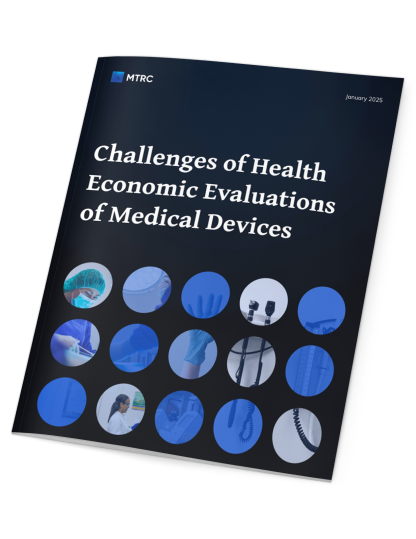
Medical devices face unique hurdles in health economic evaluations due to rapid innovation, user-dependent outcomes, and limited high-quality data. These challenges complicate the development of robust evidence to demonstrate value to payers, policy-makers, and healthcare providers.
Key challenges include:
- Selection of appropriate comparators: Ensuring that the chosen standard of care is relevant for local clinical practices and guidelines.
- Limited or uncontrolled clinical data: Reliance on observational studies and pilot trials due to the rarity of large-scale RCTs.
- Short follow-up periods in studies: Difficulty in assessing long-term outcomes, requiring conservative extrapolation techniques.
- Adaptation of economic models across healthcare systems: Challenges in aligning cost structures and reimbursement frameworks across different countries.
- User-dependent clinical outcomes: Performance often varies with the expertise and training of users, necessitating the inclusion of learning curves in health economic models to reflect real-world performance.
Addressing these complexities demands thoughtful strategies, such as conservative extrapolation techniques, scenario analyses, and tailored costing methodologies. MTRC’s White Paper offers practical insights and solutions to help medical device companies navigate these challenges and develop robust health economic evidence for market access in Europe.
Request White Paper
Request an analytical White Paper and develop health economic evidence for medical devices more effectively.
